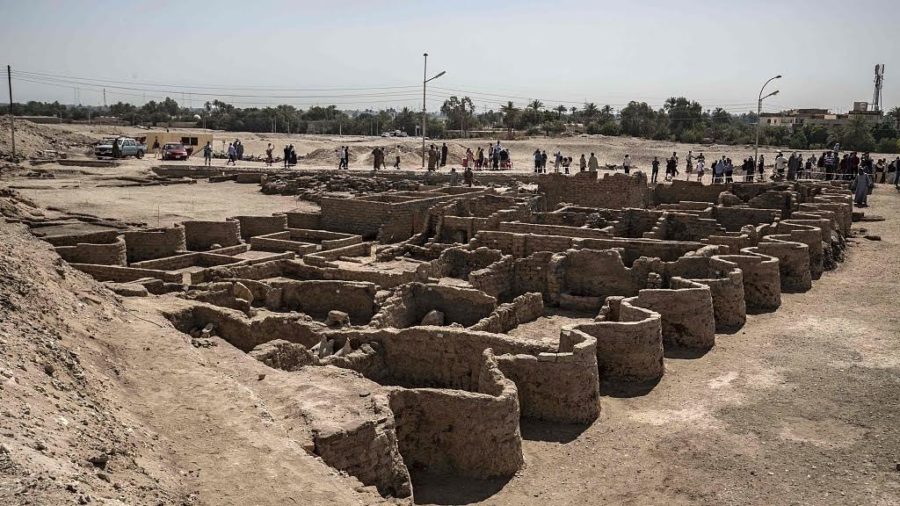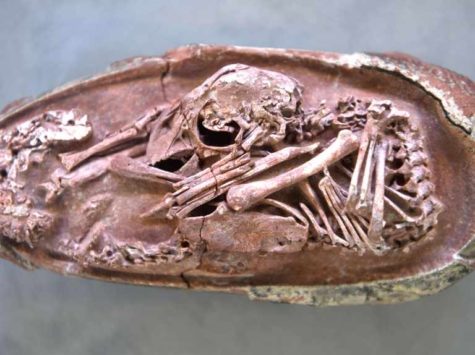The Lost Old City of Luxor
Thousands of years ago an Ancient King left his town in Egypt but at what cost? The pharaoh Akhenaten abandoned his city and built the short – lived city of Aten and ruled alongside his wife, Nefertiti. After Akhenaten died, his young son Tutankhamen became ruler of Egypt — and turned his back on his father’s controversial legacy. But why did Akhenaten leave Thebes, which had been the capital of Egypt for more than 150 years. There has been a recent discovery of an industrial metropolis within Thebes that Akhenaten inherited from his father, Amenhotep III.
This find has been given the name, “the lost gold city of Egypt.” The finding revealed a large number of valuable archeological finds such as jewelry, coloured pottery, scarab beetle amulets, and mud bricks bearing seals of Amenhotep III. An archeological team started their excavation on the West Bank of Luxor near the Valley of Kings, which is 500 km south of the capital of Cairo. What they unearthed was the site of a large city in a good condition, with almost complete walls and with rooms filled with tools of daily life. Now, seven months after the dig started, several areas or neighborhoods have been uncovered, including a bakery, administrative district and a residential area.
A few years after his father’s death, Akhenaten, who ruled from around 1353–1336, broke everything the late ruler stood for. During his 17-year reign, he upended Egyptian culture, abandoning all of the traditional Egyptian pantheon but one, the sun god Aten. After his death, most traces of the ruler were obliterated. Starting with his son, the boy king Tutankhamun, Akhenaten’s capital, his art, his religion, and even his name was dismissed and systematically wiped from history. The excavation site straddles old and new in an area renowned for its archeological riches. To the north is Amenhotep III’s 14th-century B.C. mortuary temple, and to the south is Medinet Habu, a mortuary temple built almost two centuries later for Ramses the 3rd.
‘Lost golden city of Luxor’ discovered by archeologists in Egypt | National Geographic

Zachary Tryon was born on January 19,2009 and shares the same birthday as Olympic gold medalist Shawn Johnson. When he was born his dad wanted to name...











